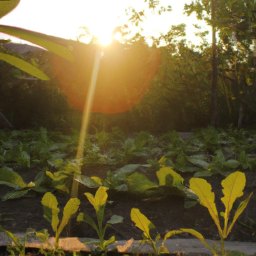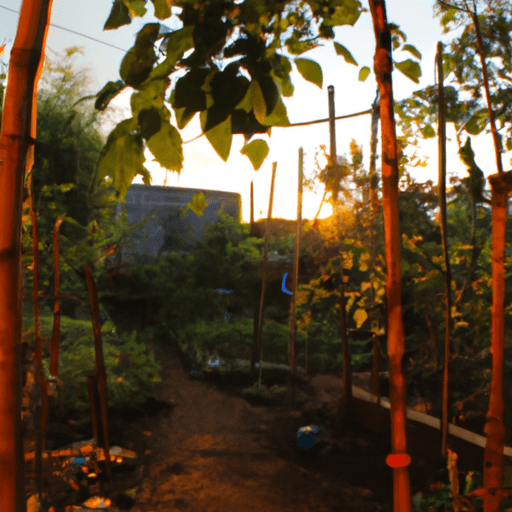310
Newsletter
Subscribe to our newsletter for exclusive content, latest news and trends, and exciting new features.
Tranding
Categories
Gaming and esportsSports and fitnessPets and animalsTechnologyMusic and EntertainmentBeauty and personal careBusiness and entrepreneurshipHealth and wellnessFood and cookingScience and natureLiterature and writingEntertainmentEnvironment and sustainabilityArts and cultureHome and gardenEducation and learningLifestyleTravel and tourism


















Comments
Leave a Comment